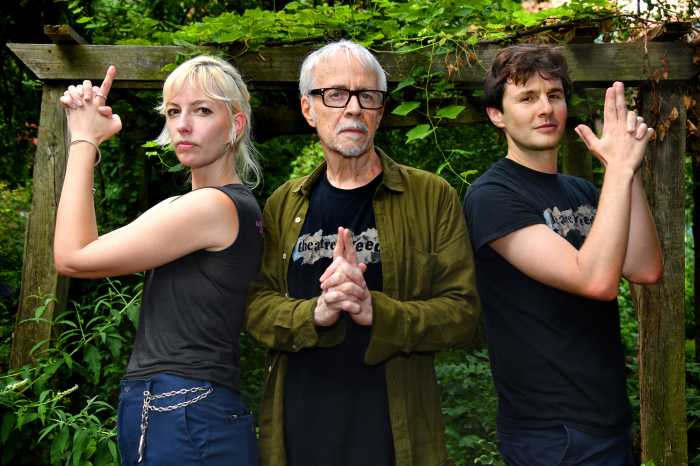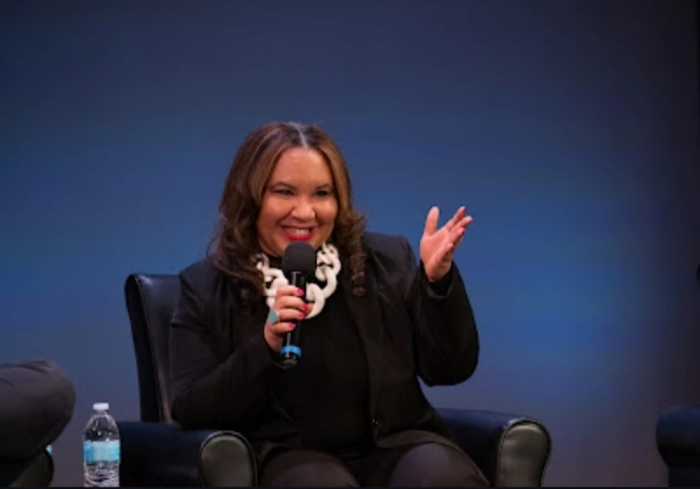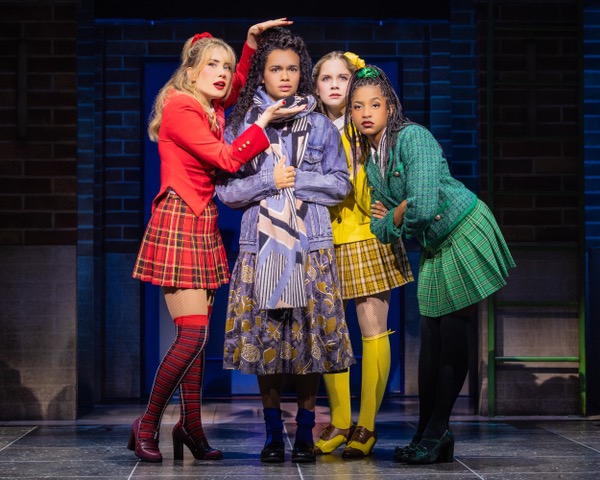By Ed Gold
The death of a high school is tragic enough but even worse when its inception in the early ’80s was so promising and idealistic. What was then called the High School for the Humanities on 18th St. in Chelsea, a beacon for liberal arts high school students intent on going to college, is now being shuttered by the New York City Department of Education and will be terminated in 2012.
It didn’t have to end this way, and the fault lies squarely with the Department of Education, which failed to live up to its promise in the early ’80s that Humanities would be a school dedicated to the liberal arts and serious teaching standards.
Humanities was born in the early ’80s to replace a nightmare high school, Charles Evan Hughes, which had become a “600” school, or dumping ground for the city’s most difficult students.
In Hughes’s last years, teachers there reported success if they could hold classes without any violent activity in the school. In the neighborhood, Hughes was labeled a “drugstore,” dealing heavily in drugs rather than serving as an education institution.
The Board of Education (as the Department of Education was formerly known) decided to close Hughes and replace it with a school the city could be proud of.
There was strong opposition to creation of another “test entry” school, like Brooklyn Tech or Bronx High School of Science, but the city’s education leaders decided on another approach in putting together a well-motivated student body.
Only students in School Board 2 — representing feeder schools in much of Manhattan below 96th St. — who chose Humanities as their first or second choice would be considered for the school.
That meant a selling job in the district was required. The designated principal for the new school and his aides began visiting Manhattan neighborhoods that had potential feeder schools, middle schools or junior highs, telling parent groups that Humanities would be a serious liberal arts school with very high educational standards that only wanted students who had serious educational interests, and who were prepared for tough work and a strong curriculum.
The Board of Education gave further support to Humanities recruiting by naming an advisory commission to help the new school’s principal.
The commission included a diverse collection of people, but all dedicated to Humanities’ success. On the commission were school board members, educators, community activists, P.T.A. members and union representatives. I was a member of the commission, one of those representing the Village community.
Additional efforts were made to get the right student mix by contacting teacher advisers at all the feeder schools, stressing the special character of the Humanities concept.
The first years at Humanities were promising. Students were enthusiastic and proud to be in what they believed was a first-rate school. High standards were maintained. Bad behavior was not tolerated. Most parents were pleased with the early results. The Board of Education only accepted students who had made Humanities their first or second choice.
But pressures mounted to increase the student population and drop the choice criteria. The Board of Ed caved in. New principals at the school seemed more interested in keeping superiors happy than in maintaining school standards. They did not fight to maintain the entry requirement. Gradually, students with little educational interest were enrolled. Principals hoped for the best but forgot about Humanities’ original mandate.
In the late ’80s a principal notified the chairperson of the advisory commission that he could no longer control the hallways. In fact, he was frightened by members of the student body. Morale in the commission collapsed. For all intents and purposes, the advisory group closed shop.
The school, which had become known as the Bayard Rustin School for the Humanities — in honor of Rustin, who was a civil rights and gay rights leader — headed for demise in 2008 when only 49 percent of its senior class graduated, and after its principal had to resign because of a Regents exam cheating scandal.
At this year’s graduation, the keynote speaker, a sociologist from N.Y.U., struck a prescient note. He told the students the system had failed.
It had actually failed almost three decades ago when the Board of Education gave in to political pressures and permitted the dream of Humanities to turn into an educational nightmare.
Read more: Queens Man Faces Life for Brooklyn Sex-Trafficking Ring






























